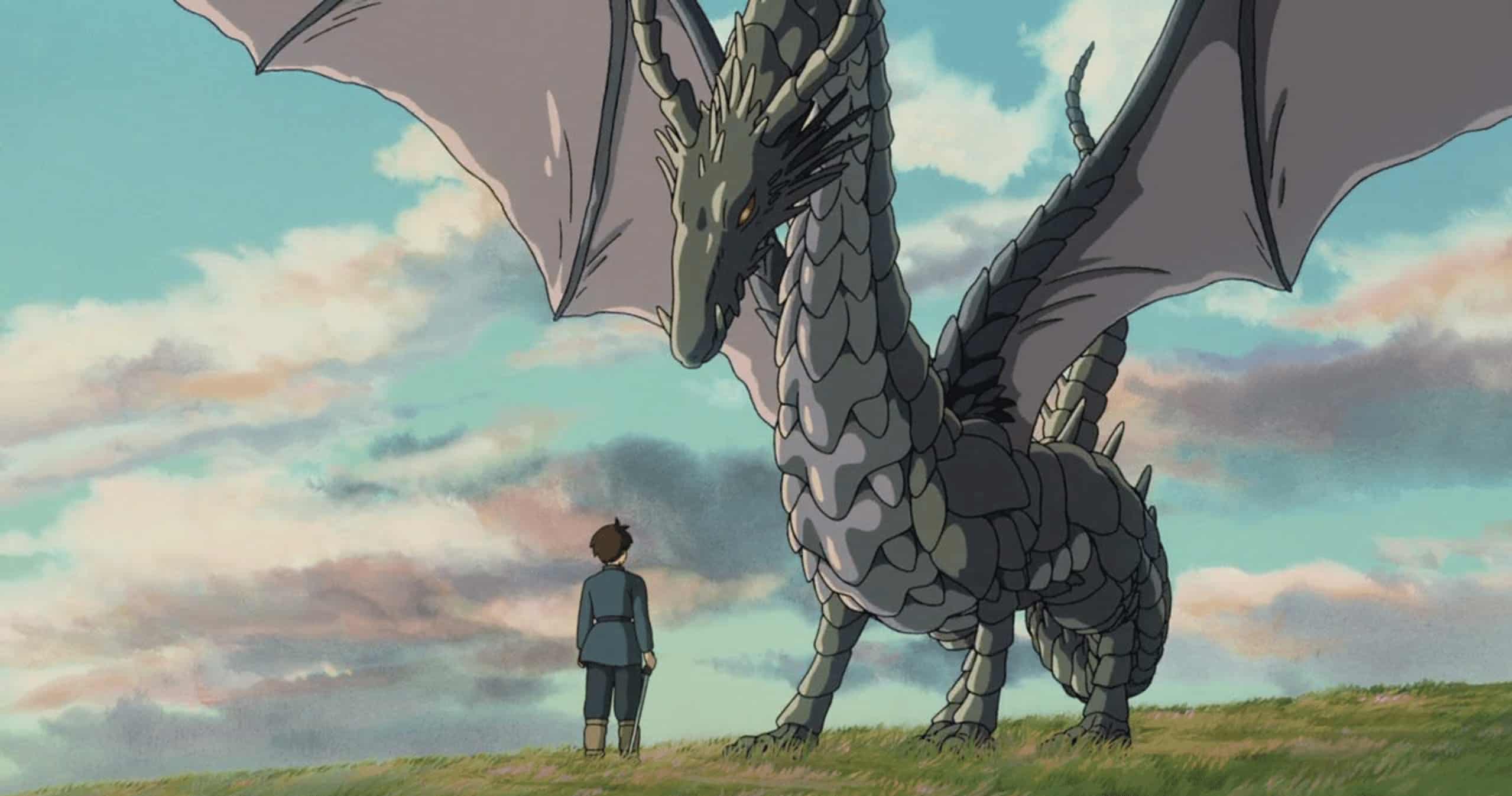
We’re hoping that a new version of the classic Ursula K. Le Guin series actually honors its author and source material.
In a time when Game of Thrones dominates the airwaves and The Lord of the Rings could be making a comeback in a big way, it’s clear that adapting anything with strong fantasy premises definitely remains a worthy venture. It sure is a great financial risk, but these movies and shows are all contingent on finding the right source material, something that is ambitious and even escapist in scope while also remaining universally relatable in spirit.
According to Deadline, producer Jennifer Fox – who has worked on such Oscar-nominated films as Michael Clayton and Nightcrawler – has hit the jackpot, finding the next big property in the fantasy genre that begs to be brought to life on screen. She has optioned the rights to Ursula K. Le Guin’s influential and coveted series of fantasy books “Earthsea,” which has been adapted twice before — to dire results each time.
First published in the 1960s, there is only one word to describe “Earthsea” as a book series, and that is “epic.” Over the course of five novels and eight short stories, Le Guin’s magic-infused books are all about the balance of power and responsibility at their core. The titular realm of Earthsea – an archipelago of hundreds of islands surrounded by a vast ocean – is threatened by those who seek to use magic for inordinate personal gain, even though the craft itself can be used for good. The series highlights the importance of maintaining harmony between the diverse cultures of Earthsea and nature as a whole, providing valuable insights into human nature and its weaknesses.
From its inclusive cast of characters and rich world-building to a transportative and character-driven narrative, “Earthsea” obviously has all the tenets of an immersive, full-bodied fantasy adaptation. However, it’s impossible to forget that this also marks the third attempt to translate the series from page to screen, and that the first two tries are only noteworthy for being especially unimpressive.
The 2004 miniseries titled Earthsea, which was loosely based on the first two books in Le Guin’s series, garnered much ire from both fans and author alike. Besides being a cheesy adaptation filled with stilted dialogue and boring clichés, Earthsea notably angered the fandom for its blatant whitewashing of the series’ diverse characters. Considering that Le Guin consciously filled “Earthsea” with characters of color – believing that the freedom of the fantasy genre allowed for a greater degree of representation by default – this was a clear disregard for an important aspect of the source material.
Then came Studio Ghibli’s subpar Tales from Earthsea, a failure that particularly stings due to the fact that Ghibli co-founder Hayao Miyazaki had expressed a concerted interest in doing right by Le Guin’s books should he have been given the chance to adapt them. It took several years for Le Guin to agree to Miyazaki’s proposal only for the film to turn into his son Goro’s messy feature film debut (a fact that the elder Miyazaki was also displeased with from the word go). Despite a strong visual style that is practically a Ghibli trademark, Tales from Earthsea suffers from having a director who didn’t know what he wanted out of a sprawling story. Drawing mostly from the third and fourth installments of Le Guin’s books, Tales from Earthsea merely plucked characters from their deeply-rooted mythologies and put them in a very sparse version of the narrative — one which was also filled with unnecessary violence — that felt inconsequential and emotionally hollow.
Who could then blame Le Guin for openly expressing disappointment in both these takes of her beloved series? Per a blog entry on her website, she noted that these onscreen translations simply did not seek to understand the spirit of her books:
“Both the American and the Japanese filmmakers treated these books as mines for names and a few concepts, taking bits and pieces out of context, and replacing the story/ies with an entirely different plot, lacking in coherence and consistency. I wonder at the disrespect shown not only to the books but to their readers.”
It is then a wonder that Le Guin even agreed to yet another adaptation of “Earthsea” in the first place. Nevertheless, Deadline notes that Fox managed to receive the author’s blessing prior to her death in January. Le Guin’s son, Theo Downes-Le Guin, will serve as executive producer on the project as well, which would hopefully ensure some kind of greater fidelity to the “Earthsea” books as a whole.
The popularity of Le Guin’s series and its obvious potential for future franchisement could mean that studios would snap up this project and fast track it easily. An “Earthsea” movie would also sit nicely alongside The Telling, which is another Le Guin adaptation that is currently in the works. The responsibility now falls on Fox and her eventual collaborators to ensure that this new adaptation doesn’t ignore the vision embraced by its author and fandom.
Related Topics: Books, Earthsea

